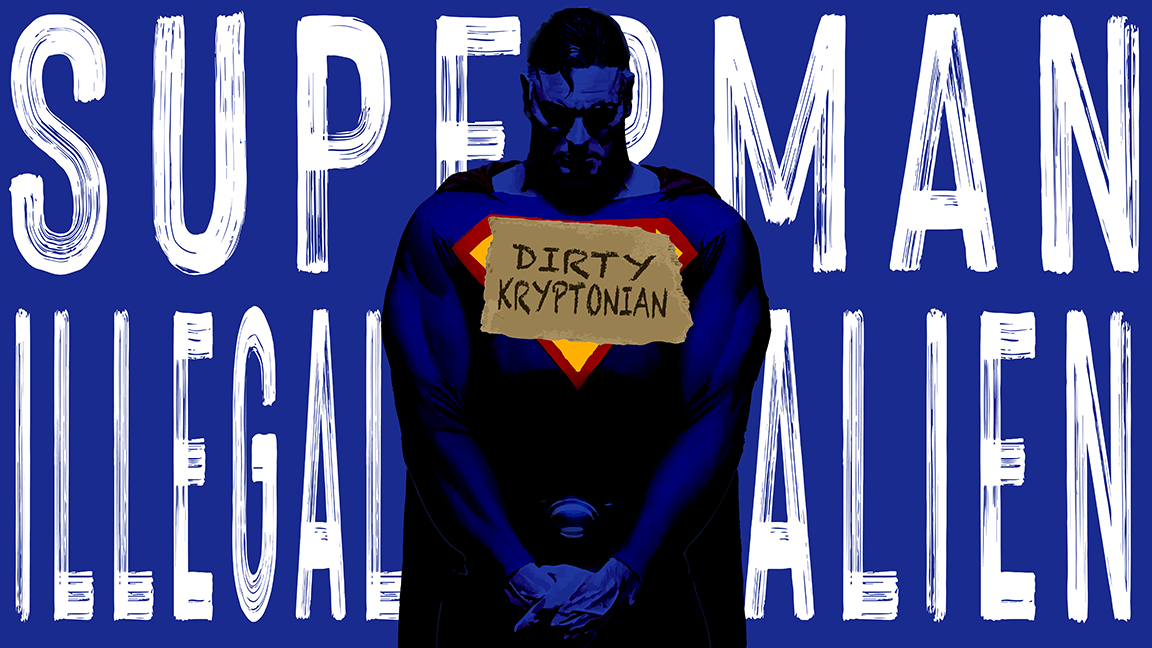By Billy Huntsman
Managing Editor
This is the ninth installment in The Round Up/Oncore Magazine‘s 14-part series investigating professor turnover at NMSU.
Cristobal Rodríguez
The Round Up/Oncore Magazine attempted to get into contact with all 10 professors listed above. Only Brown, Durán, Luna, and Rodríguez responded (in addition to Porras’ email).
Despite the time gap between when Eber’s study was published in 2008 and when the 10 professors abovementioned started leaving NMSU in 2011, there are striking similarities between Eber’s respondents’ comments and those of Brown, Durán, Luna, and Rodríguez.
Rodríguez worked at NMSU as both a professor and as an administrator before that, in such roles as assistant director of Chicano Programs between 2001 and 2002, a coordinator for Engaging Latino Communities for Education (ENLACE) between 2003 and 2004, and director for Health Careers Opportunity Project between 2004 and 2005.
He was hired to NMSU’s Educational Leadership and Administration Department in 2009 and left for Howard University in Washington, D.C., in 2014.
NMSU’s dominant narrative does not serve working-class people, Rodríguez says. Because of this, NMSU’s demographics do not mirror those of the rest of the state.
“There are experiences of hostility” at NMSU by faculty “bringing in perspectives that the dominant narrative doesn’t quite agree with,” he says.
Rodríguez says his feelings toward NMSU are mixed.
“I’m an Aggie and it’d be nice to have a sense of pride for the institution that contributed to my preparation that was critical, both at the bachelor’s and master’s level, knowing that I was able to compete at one of the top institutions in the U.S. at the doctoral level (University of Texas – Austin) and be successful,” he says.
Which is difficult, Rodríguez says, because he knows “how (NMSU) marginalizes” diverse faculty.
Rodríguez says, during his time at NMSU, there was much conversation among colleagues about “double standards” in regards to teaching load/research time for White faculty and for faculty of color.
“I’ve had colleagues of mine legally challenge the institution for some of that hostility and some of that that discrimination,” he says.
Rodríguez says NMSU handles complaints about lack of diversity on campus “on a case-by-case-basis and still will tend to blame the victim, as opposed to considering that, in fact, the university might have a real systemic issue.”
Such experiences, or “swimming against the political current,” as Rodríguez phrases it, “really undermines how much progress one can make in one’s work.”
“Even when you try to challenge some of the double standards, you really become voiceless or even silenced when it comes to raising awareness about some of these issues,” he says.

![NMSU Dream Team Organizers [from left to right] Jovanny (he/him/el), Alberto (he/him/el), and Sarai (she/her/elle).](https://nmsuroundup.com/wp-content/uploads/2025/09/Image-1.jpeg)




